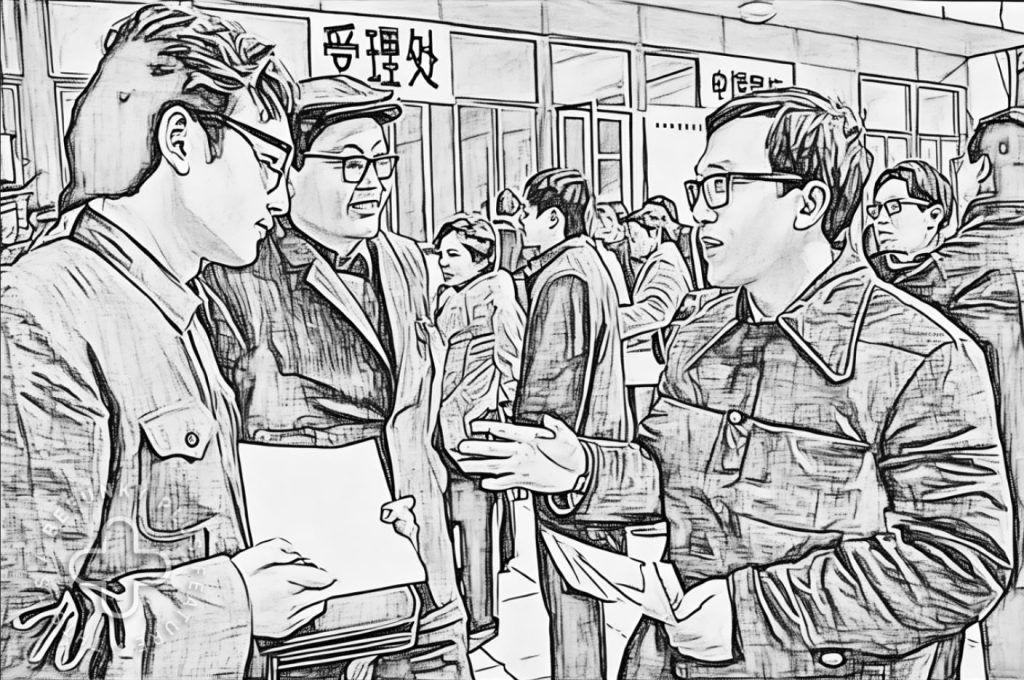A new paper by Alexandr Svetlicinii and Fali Xie

Recently, Chinese courts have played an increasingly significant role in global patent litigation, particularly in disputes involving standard essential patents (SEPs). Standard essential patents are patents on technologies that are essential to the implementation of a particular industry standard. This trend has been marked by the issuance of anti-suit injunctions, a legal mechanism that has become an important tool for preventing parties from initiating or continuing litigation in other jurisdictions. The Supreme People’s Court’s (SPC) decision in Huawei v. Conversant marked the first SEP-related anti-suit injunction in China and set the stage for lower courts to follow suit, especially in the fields of information and communication technology.
In China, the concept of anti-suit injunction has been integrated into the legal framework through “act preservation measures.” In the Chinese context, anti-suit injunctions have been applied under various legal provisions, including the Patent Law and the Civil Procedure Law. These laws enable courts to issue “act preservation measures” 行为保全措施 to halt alleged IP infringements until relevant disputes are resolved. In its 2018 guidance, the SPC outlined several factors courts should consider when handling requests for “act preservation measures”, including balancing potential damages to the applicant and the public interest.
The study reveals significant differences between the Chinese approach to anti-suit injunctions and that of common law jurisdictions. In common law systems like the US and the UK, anti-suit injunctions primarily aim at protecting the forum and preventing vexatious or oppressive litigation. In these jurisdictions, the courts are expected to evaluate the necessity of issuing an anti-suit injunction based on factors such as the suitability of forum and international comity considerations. In contrast, Chinese courts focus on the legitimacy of the applicant’s claims and the potential harm to parties’ rights and interests. This approach, while aiming to provide protection for applicants, might overlook broader considerations like preventing conflicting judgments or ensuring consistency in cross-border legal procedures.
The issuance of anti-suit injunctions by Chinese courts has evolved from initial restraint to a more assertive stance, reflecting China’s ambitions in the global IP landscape. Notably, the SPC’s decision in Huawei v. Conversant and subsequent cases have expanded the scope of anti-suit injunctions, both geographically and materially. For example, in Oppo v. Sharp, the court prohibited Sharp from initiating any new lawsuits or requesting injunctions in other jurisdictions against Oppo while proceedings in China were pending. This represents a significant expansion from suspending the enforcement of specific judgments to preventing future litigation across multiple jurisdictions. The evolution of anti-suit injunctions in China is also marked by vague procedural safeguards and criteria for issuance. In Huawei v. Conversant, the SPC introduced conditions for issuing anti-suit injunctions, such as the potential obstruction of domestic proceedings, irreparable harm to the applicant, and the balance of parties’ interests. These conditions have been further refined in the subsequent cases Xiaomi v. InterDigital and Samsung v. Ericsson.
The study further explores potential restraints on the issuance of anti-suit injunctions by Chinese courts, including international comity and public interest. In the Huawei v. Conversant decision, the SPC highlighted three key factors for comity consideration: the sequence in which cases are accepted, the suitability of the reviewing court’s jurisdiction, and the effect on foreign legal proceedings. Generally, the Civil Procedure Law, which addresses both domestic and foreign jurisdictional conflicts, allows for parallel litigation. In the Oppo v. Sharp case, the SPC indicated that the sequence of case acceptance would likely not prevent the issuance of anti-suit injunctions in China. Besides, the SPC established broad jurisdiction in SEP disputes, making it difficult to deny anti-suit injunctions based on forum non conveniens (the common law legal doctrine through which a court acknowledges that another forum is a more appropriate venue for a legal case, and transfers the case). Meeting the six cumulative conditions required for forum non conveniens is challenging, especially in cases involving Chinese companies. The court decisions following Huawei v. Conversant frequently omit references to the impact on foreign proceedings in the comity assessment, focusing instead on the relationship between the dispute and foreign jurisdiction to argue against undue interference.
The study reveals a shift in Chinese courts’ approach to anti-suit injunctions, moving from tolerating anti-suit injunctions issued by foreign courts to proactively using them to assert their own jurisdiction in SEP disputes. Despite acknowledging “international comity” and “public interest” as potential constraints, Chinese courts’ interpretations of these factors are often formalistic and narrow. There are inconsistencies between judicial practice and statutory rules, broad discretion given to the judiciary, and a lack of clear legal basis for comity considerations given the specifics of global SEP licensing.
The paper The Anti-Suit Injunctions in Patent Litigation in China: What Role for Judicial Self-Restraint? was published in the Journal of Intellectual Property Law & Practice.
Alexandr Svetlicinii is Associate Professor of Global Legal Studies at the University of Macau, Faculty of Law where he also serves as the Programme Coordinator of Master of Law in International Business Law. He is the author of the monograph Chinese State Owned Enterprises and EU Merger Control. Fali Xie is PhD candidate at the University of Macau, Faculty of Law.
